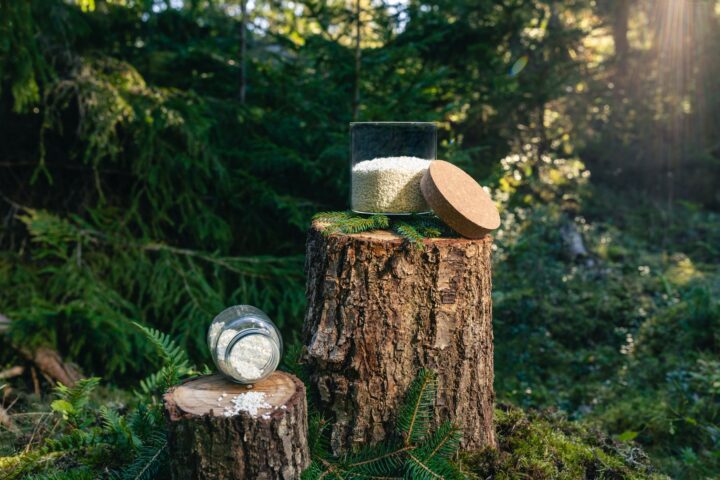A recent study from a Swedish university is exploring the use of agricultural waste for textile production, an innovative method that could make the clothing sector more environmentally friendly.
Researchers from Chalmers University of Technology in Sweden are developing a method to produce cellulose-based textiles using waste products from agriculture, such as wheat straw and oat husks. This points to a more resource-smart process that could help reduce the textile industry’s significant climate impact:

Diana Bernin. Chalmers University of Technology | Per Friberg
– This is an important step towards being able to create textiles from waste products instead of using cotton, which isn’t climate-friendly, or wood, a material that we want to use for so many things while also needing to preserve it for the benefit of the climate, says Diana Bernin, Assistant Professor at the Department of Chemistry and Chemical Engineering at Chalmers and senior researcher in the study.
A more sustainable alternative
While most cellulose-based textiles today are made from wood, the study shows that crop waste can serve as a more sustainable source. Not only are they more accessible than wood in many regions, but the methods required are simpler and use fewer chemicals.
Moreover, researchers see an opportunity for scaling the process using existing infrastructure from the pulp and paper industry, avoiding the need for entirely new facilities:
– If we can make use of our existing industry and adjust their processes instead of building new production facilities, we’ve already come a long way, says Diana Bernin.
Industry and research collaboration
One of the partners behind the study is Tree To Textile, an innovation company focused on developing sustainable fibres, co-founded by H&M Group, Inter IKEA Group, and LSCS Invest. The research was funded by BioInnovation and also involves IVL Swedish Environmental Research Institute.
You can read the original press release from Chalmers University of Technology here.
Interested in cleantech solutions? Explore Swedish cleantech companies at swedishcleantech.com/companies



